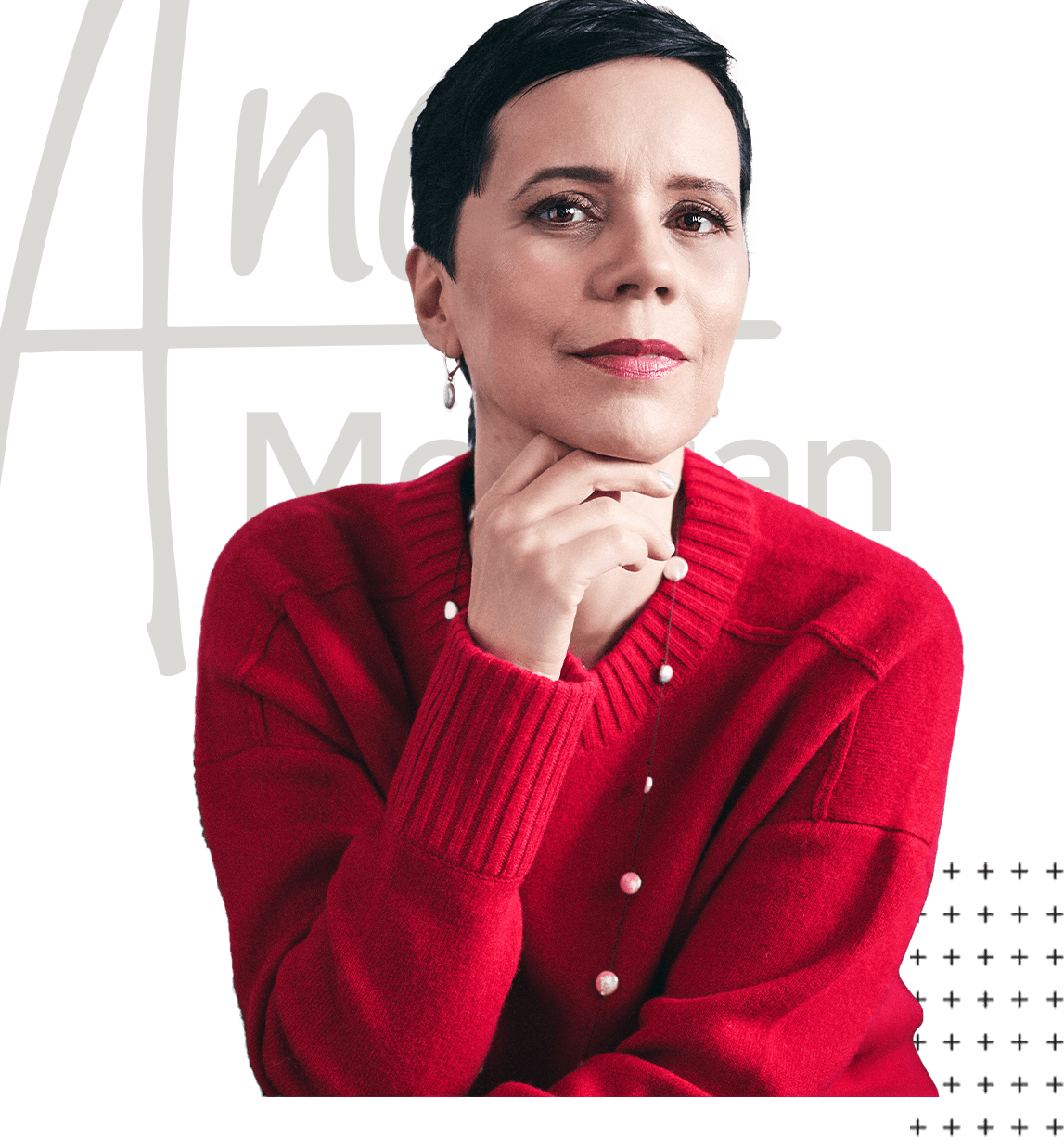The Power of YET – A Growth Mindset Secret
Podcast: Play in new window | Download | Embed
The idea behind this podcast is that our mindsets determine the way we see the world. And, because it’s so easy to stay stuck in Fixed Mindsets, that prevents us from learning new things, it’s vital to intentionally cultivate Growth Mindsets.
These concepts of Fixed and Growth Mindsets are based on the work of Carol Dweck, a Stanford University psychologist.
In her book–Mindset: The New Psychology of Success–she describes decades of research about why people succeed or fail, and how the Fixed and Growth Mindsets play a role in this process.
Dr. Dweck's 10-minute TED Talk, “The Power Of Believing That You Can Improve”, gives a powerful introduction to these concepts.
One of my favorite golden nuggets from her presentation is how she explains the Power of YET.
She begins by describing research studies about how 10-year-old children coped with learning challenges.
In her own words:
“So I gave 10-year-olds problems that were slightly too hard for them. Some of them reacted in a shockingly positive way. They said things like, “I love a challenge,” or, “You know, I was hoping this would be informative.” They understood that their abilities could be developed. They had what I call a growth mindset. But other students felt it was tragic, catastrophic. From their more fixed mindset perspective, their intelligence had been up for judgment and they failed. Instead of luxuriating in the power of yet, they were gripped in the tyranny of now.”
So what do they do next? I'll tell you what they do next. In one study, they told us they would probably cheat the next time instead of studying more if they failed a test. In another study, after a failure, they looked for someone who did worse than they did so they could feel really good about themselves. And in study after study, they have run from difficulty. Scientists measured the electrical activity from the brain as students confronted an error. On the left, you see the fixed mindset students. There's hardly any activity. They run from the error. They don't engage with it. But on the right, you have the students with the growth mindset, the idea that abilities can be developed. They engage deeply. Their brain is on fire with yet. They engage deeply. They process the error. They learn from it and they correct it.”
Let’s think about these studies for a moment. Research shows us that when a child has a Fixed Mindset as regards their skills and abilities they run away from challenges, they even go as far as to cheat, and compare themselves with children who do worse than they do. If they have a Growth Mindset, they see difficulties as a challenge to overcome, to learn from. Their brain fires up, and they engage.
These same principles apply to adults as well.
Think about the implications of these principles for our personal and professional lives.
If we are locked into a Fixed Mindset, we are gripped in the tyranny of now.
If we challenge ourselves with a Growth Mindset, we can luxuriate in the Power of YET.
So, how can we cultivate a Growth Mindset in our lives?
Here are some clues from Dr. Dweck:
“First of all, we can praise wisely, not praising intelligence or talent. That has failed. Don't do that anymore. But praising the process that kids engage in: their effort, their strategies, their focus, their perseverance, their improvement. This process praise creates kids who are hardy and resilient.
There are other ways to reward yet. We recently teamed up with game scientists from the University of Washington to create a new online math game that rewarded yet. In this game, students were rewarded for effort, strategy and progress. The usual math game rewards you for getting answers right right now, but this game rewarded process. And we got more effort, more strategies, more engagement over longer periods of time, and more perseverance when they hit really, really hard problems.
Just the words “yet” or “not yet,” we're finding, give kids greater confidence, give them a path into the future that creates greater persistence. And we can actually change students' mindsets. In one study, we taught them that every time they push out of their comfort zone to learn something new and difficult, the neurons in their brain can form new, stronger connections, and over time they can get smarter.”
How can we apply this to ourselves?
For instance, as a service provider, I can focus on developing my resilience to failure.
[Listen to episode 3 of this podcast series to learn more about “Failure and The Way to Success“.]
When I face a challenge, or even a failure, I can tell myself that “I have not learn how to do this YET.”
Think about the possibilities.
Every time you hear a voice saying “You are not______.”
Add YET: “I am not ______ YET.”
Feel the Power of YET and see the possibilities that open in front of you when you cultivate a Growth Mindset.
Love to hear your comments and learn about your experiences.








